Why Birds Play
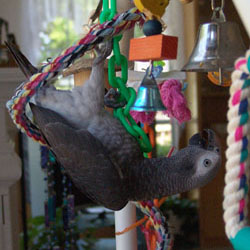 In the wild, much of a parrot’s day is consumed by the task of finding food. In captivity, this task has been reduced to a bare minimum leaving a lot of “free time”. This down time often leads to boredom which in turn has been shown to lead to the development of behavioral (screaming, feather plucking, aggressiveness) and both mental and physical health problems.
In the wild, much of a parrot’s day is consumed by the task of finding food. In captivity, this task has been reduced to a bare minimum leaving a lot of “free time”. This down time often leads to boredom which in turn has been shown to lead to the development of behavioral (screaming, feather plucking, aggressiveness) and both mental and physical health problems.
Without an outlet for their normal level of foraging and survival activity, it is imperative that alternative enrichment opportunities be provided that encourage engagement in other stimulating activities. This is paramount to their mental and emotional well being.
Birds also do find time to play in the wild, play is a natural activity for parrots. Avian behaviorists who have spent time observing parrots in the wild have reported that playtime ranks second only to food gathering in priority. They have been observed stripping bark off trees, biting off and flinging leaves and twigs, swinging from and climbing on vines all the while chattering gleefully with the rest of the flock.
Specific types of play behavior noted in the wild are object manipulation, balancing games, locomotory play, acoustic play and social play. Social play, in which two or more birds or species interact, often involves scenarios such as “chase me”, “I want what you are playing with” and “let’s pretend to fight”. Play fighting usually involves “beak fencing”, pushing with feet or nipping at the feet and feathers of their play partner. For older birds, mock fighting helps to keep them fit and ready to fend off predators.
Do birds play because they are intelligent or are they intelligent because they play? Millicent Ficken, stated in her paper on avian play, “the answer is probably both”. Because they are intelligent, they are capable of diverse and complex play activities, and it is also probable that through play they learn relationships with the environment that contribute to their plasticity of behavior and great ecological success in many different habitats.”
Through play, a young parrot learns to experiment with and expand his physical limits, how to interact with his environment and his flock mates. In young birds, playtime is part of the learning process in which birds start to identify textures, colors, shapes and it also helps to develop coordination and dexterity. Exposure to a wide variety of objects at a young age helps to create a more confident, less fearful bird.
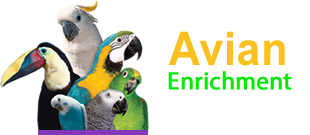



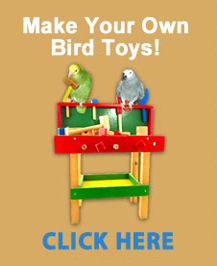
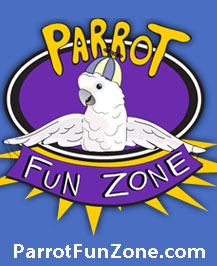
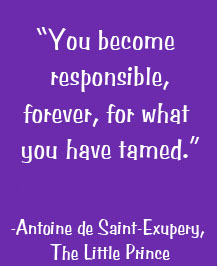
Comments powered by CComment